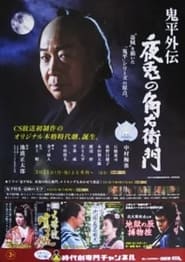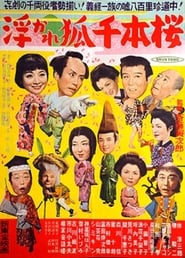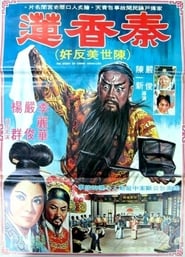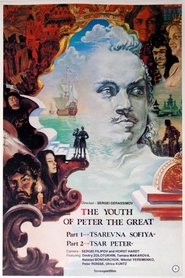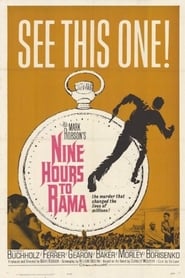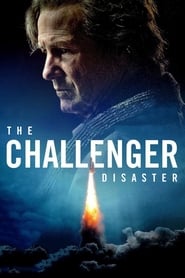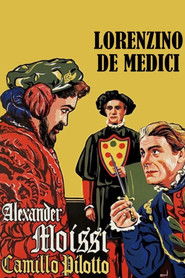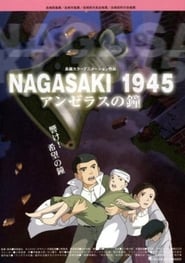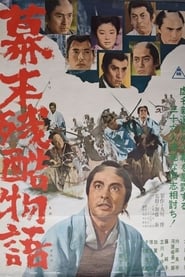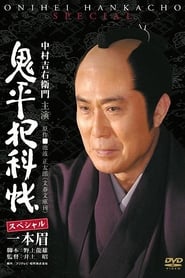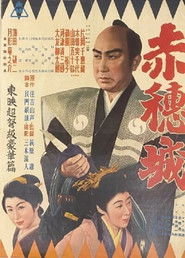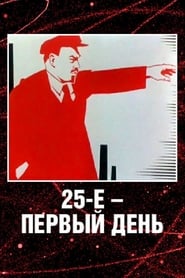Popular History Movies on Tub Tv - Page 177
-
Sharpe's Challenge
2006
Sharpe's Challenge
2006
star 6.2Sean Bean is back as the swashbuckling hero in Sharpe's Challenge, an action packed mini-series to be shot on location in Rajasthan, India. Two years after the Duke of Wellington crushes Napoleon at Waterloo, dispatches from India tell of a local Maharaja, Khande Rao, who is threatening British interests there. Wellington sends Sharpe to investigate on what turns out to be his most dangerous mission to date. When a beautiful general's daughter is kidnapped by the Indian warlord, the tension mounts, leaving Sharpe no option but to pursue the enemy right into its deadly lair. Deep in the heart of enemy territory he also has to keep at bay the beautiful but scheming Regent, Madhuvanthi, who is out to seduce him. The fate of an Empire and the life of a General's daughter lie in one man's hands... -
Flying Tigers
1995
Flying Tigers
1995
star 6.5Before the breakout of the Sino-Japanese War, Hong, Wang, and Peng were best friends. Hong and Wang secretly joined the local guerrillas after the Japanese began invading China. Hong ran a small business and Wang worked as a courier for a Japanese trading firm, hiding their true identities in order to collect intelligence on the Japanese for the Eight Route Army, and established a railway guerrilla unit. Wang soon found out that the trading firm he was working for was indeed an intelligence unit of the Japanese. They infiltrated the Japanese special forces and eliminated many Japanese. Suspicions arise from the Japanese as to the real identity of the individuals suspected of being part of the railway guerrilla forces, so called Flying Tigers unit, so the Japanese began to form a counter-spying operation and other under-handed means by recruiting Chinese traitors to uncover and eliminate them all. -
Onihei Gaiden: The Night Rabbit
2011
star 7Bandit leader "Night Rabbit" Kakuemon has always kept the rule to "never kill, never rape, never steal from the poor", passed down to him by the gang's previous leader. He has never been arrested, and for that, he always thought he would have a peaceful death. But one day, after talking to a young one-armed homeless girl, he decides to break up his gang and turn himself in. -
浮かれ狐千本櫻
1954
-
FACE OF FIRE
2020
-
The Story of Qin Xiang-Lian
1964
The Story of Qin Xiang-Lian is a Hong Kong Chinese Opera musical starring Jackie Chan in a child role. -
The Youth of Peter
1981
The Youth of Peter
1981
star 6.4The years of the tsar’s adolescence and youth were permeated with deadly danger coming from some of the Boyars, the rebellious Streltsy and Tsarevna Sophia who aspired for power. But already at that early time Peter demonstrates a profound, bright intellect, a strong will and the sense of purpose, which help him disarm both his open and secret enemies. -
Nehru
1984
Nehru
1984
star 4Divided into three parts — The Awakening, The Struggle, and Freedom — this is a biographical film on Pandit Jawaharlal Nehru, the first Prime Minister of independent India. Relying on Nehru's writings and speeches, the film traces the evolution of Nehru from his birth through his life. It also deals with the effect of history on Nehru and in turn his impact on the world. -
Jánošík ’21
1971
Jánošík ’21
1971
-
Nine Hours to Rama
1963
Nine Hours to Rama
1963
star 6.1José Ferrer and Horst Buchholz star in this fictionalised account of events leading up to the assassination of Indian spiritual leader and independence campaigner Mahatma Gandhi. -
The Challenger Disaster
2013
star 7.2When the space shuttle Challenger blew up in 1986, it was the most shocking event in the history of American spaceflight. The deaths of seven astronauts, including the first teacher in space Christa McAuliffe, were watched live on television by millions of viewers. But what was more shocking was that the cause of the disaster might never be uncovered. The Challenger is the story of how Richard Feynman, one of America's most famous scientists, helped to discover the cause of a tragedy that stunned America. -
Lorenzino de' Medici
1935
Lorenzino de' Medici
1935
Lorenzino de 'Medici manipulates Alessandro ruler of Florence to save his beloved Bianca. -
Nagasaki 1945 ~ The Angelus Bells
2005
star 3August 1945. In a converted theological seminary on the outskirts of Nagasaki, a young doctor works to help his patients, as unsettling news comes of a new weapon used by the Americans on the city of Hiroshima. When the second nuclear weapon is dropped on Nagasaki, the hospital staff must work to save lives in the midst of the concentric circles of death that their city has become. -
Passione
2010
Passione
2010
star 6.5Songs and singers from Naples, musicians and poets, real and legendary characters are the protagonists of a film that crosses one of the most beautiful, famous and controversial metropolises in the world. An exceptional orchestra for a repertoire that speaks of love, sex, jealousy, immigration, protest. -
Cruel Story of the Shogunate's Downfall
1964
star 6.8A headstrong young man seeks to join the Shinsengumi, but while his determination impresses his superiors, questions begin to arise as to his true identity and intentions. -
Onihei Crime Files: Unibrow
2007
star 8Heizo "The Demon" investigates the shop of Toshimaya the swordsmith, where 280 ryo was stolen and twelve people murdered. This particular group of theives are most dangerous because of the willingness to kill for money, but what about this mysterious unibrow, who is he? What is he up to? -
Castle of Revenge
1952
Castle of Revenge
1952
The film vividly shows the misadventures of Oishi Kuranosuke and the human dramas inside the castle, which lead to the surrender of Ako Castle after seppuku by its lord Asano Takumi-no-kami and the termination of his family's power. This is the first film of the Ako Castle trilogy. -
25 October, the First Day
1968
star 5.7A short film made by Yuri Norstein for the 60th anniversary of the October Revolution, The 25th - the First Day recounts that day using art from the revolutionary period. -
Prymas. Trzy lata z tysiąca
2000
star 6Cardinal Stefan Wyszyński is secretly abducted from the Primate’s Palace and sent into solitary confinement at Stoczek Warmiński, accompanied by Father Stanisław, recently freed from Rawicz, and Sister Leonia, coerced from Grudziądz, forming an unlikely retinue in his enforced exile. As state spies and the camp commandant conspire to break the Primate’s resolve, Father Stanisław risks everything to smuggle word of Wyszyński’s whereabouts to the outside, hoping to foil the regime’s darkest “third variant.” -
The Airship
1994
The Airship
1994
star 5.1A French woman arrives in Montevideo, to meet poet Juan Carlos Onetti and investigate the story of the city. She is intrigued by the photograph of the day when president Bordaz was killed and a zeppelin flew above the city at the turn of the century. She is helped by a photographer and both fall into a police intrigue.
 Netflix
Netflix
 Amazon Prime Video
Amazon Prime Video
 Apple iTunes
Apple iTunes
 Apple TV Plus
Apple TV Plus
 Disney Plus
Disney Plus
 Google Play Movies
Google Play Movies
 Paramount Plus
Paramount Plus
 Hulu
Hulu
 HBO Max
HBO Max
 YouTube
YouTube
 fuboTV
fuboTV
 Peacock
Peacock
 Peacock Premium
Peacock Premium
 Amazon Video
Amazon Video
 The Roku Channel
The Roku Channel
 AMC+
AMC+
 Kocowa
Kocowa
 Hoopla
Hoopla
 The CW
The CW
 Vudu
Vudu
 Starz
Starz
 Showtime
Showtime
 PBS
PBS
 Pantaflix
Pantaflix
 FXNow
FXNow
 Tubi TV
Tubi TV
 Kanopy
Kanopy
 Comedy Central
Comedy Central
 Crunchyroll
Crunchyroll
 Microsoft Store
Microsoft Store
 Redbox
Redbox
 Sun Nxt
Sun Nxt
 ABC
ABC
 DIRECTV
DIRECTV
 Crackle
Crackle
 Fandor
Fandor
 Plex
Plex


